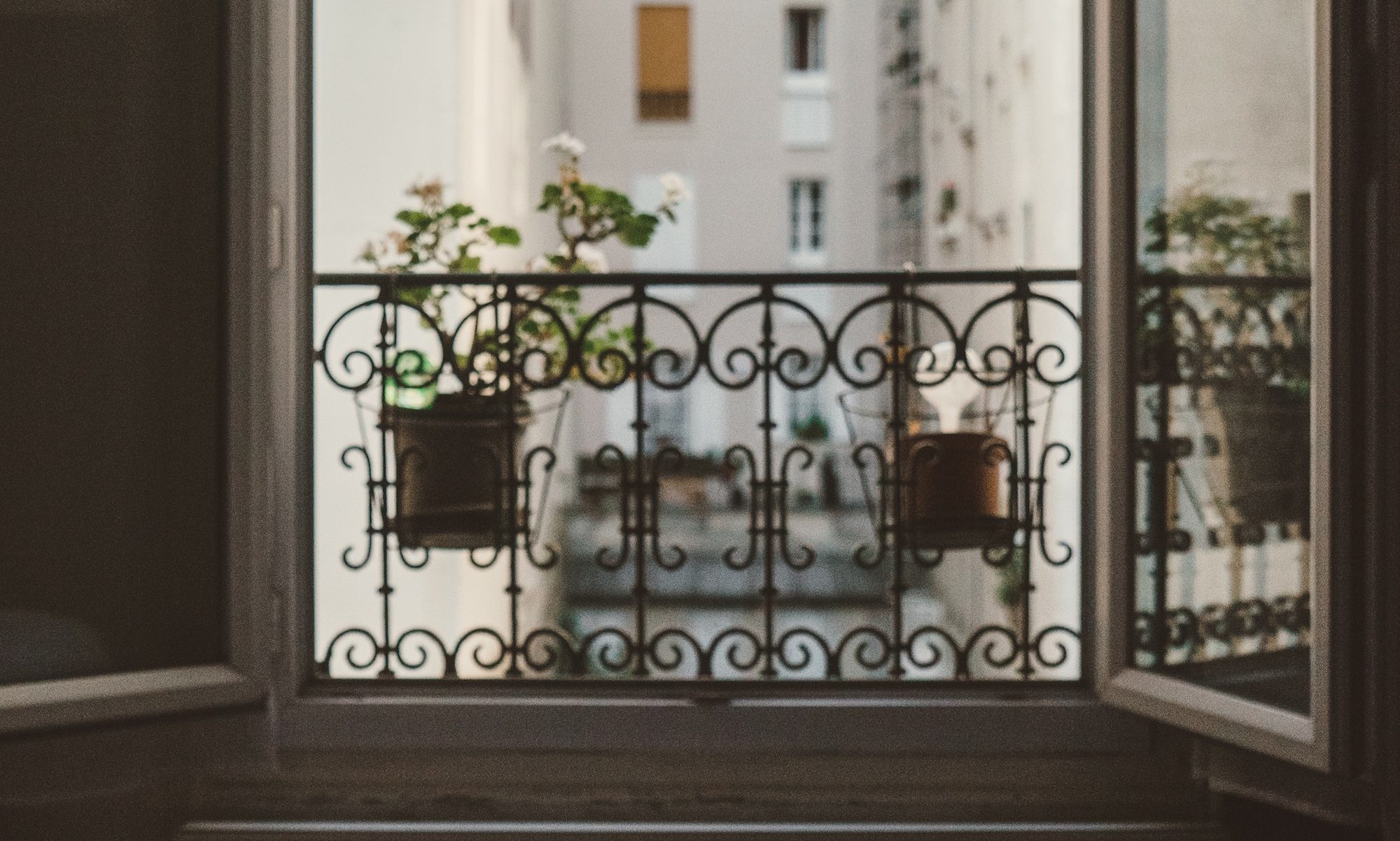Part One:
After I finished graduate school, I took my little bit of savings, packed a suitcase, and set off for Paris—which made a lot more sense than teaching high school French in Wichita. I majored in education because I was told, “It’s something you can always fall back on,” and if I was going to be doing any falling, it was forward, on my face, or in love—anything other than ‘back.’
It was a pretty exciting time to be in Paris; students weren’t ripping up the cobblestones in St. Michel anymore, but we did get chased around the streets a lot by riot police. It was the height of the Vietnam war, and Americans weren’t very well received (actually, deep down, the French love us, in a jealous sort of way, but they’re too cocky to admit it.) My French was pretty near flawless, at least native-enough so that nobody guessed I was American, so they spared me their political tongue-lashings, and I streamed through those days with heart and mind open wide, melding easily into a culture whose history and literature I knew better than my own.
In those days, the world was not a place where you could find Bonne Maman preserves on a supermarket shelf in Kansas City, or peanut butter in your neighborhood Parisian Monoprix. France was marvelously, distinctly unique and thrilling, albeit inconvenient. Not everyone had a home telephone, and many of us lived in seventh-floor walk-ups without bathrooms—only a communal Water Closet down the hall (and they really were just a tiny closet…with a stool and a window. Once I found a half-drowned sparrow in the toilet bowl.)
I missed my popcorn in the movie theaters, and it upset me to have to deal with those snippy little ladies in the aisles with their flashlights waiting to usher you to your seat, for a tip of course. I hated the milk and loved the cream and butter. I made a point of trying one new pastry a week and learning its name (would have done more but for budget and calorie restrictions). I remember the first time I watched a French girl whip up homemade vinaigrette (the secret is Maille mustard); when I asked her how she knew how much vinegar to use, she just shot me a look, like…well, you can imagine. I was young and impressionable, and Paris formed my tastes in matters of heart and food and music and manners. And men of course. (Those stories go into my novels.)
I took whatever work I could get—translating aerospace documents, rewriting investment portfolios for the Rothschild Bank, nanny-ing for an Australian embassy official, selling furniture in a nifty little Scandinavian design shop run by a young Columbian woman whom I thought the chicest, most self-confident thing I’d ever seen. Everybody came from somewhere else, and our dinner parties were a Babel-like feast of sounds where the first rule of etiquette was finding a common language that everyone could understand. Lovers slept with dictionaries under their pillows.
That first year I had over a dozen different ‘homes’ and as many jobs. The idea of nailing my flippers to the ocean floor put the fear of the devil in me. Discovery and experience—people, places, language—was what drove me.
Somewhere along the way, the storyteller was born.
